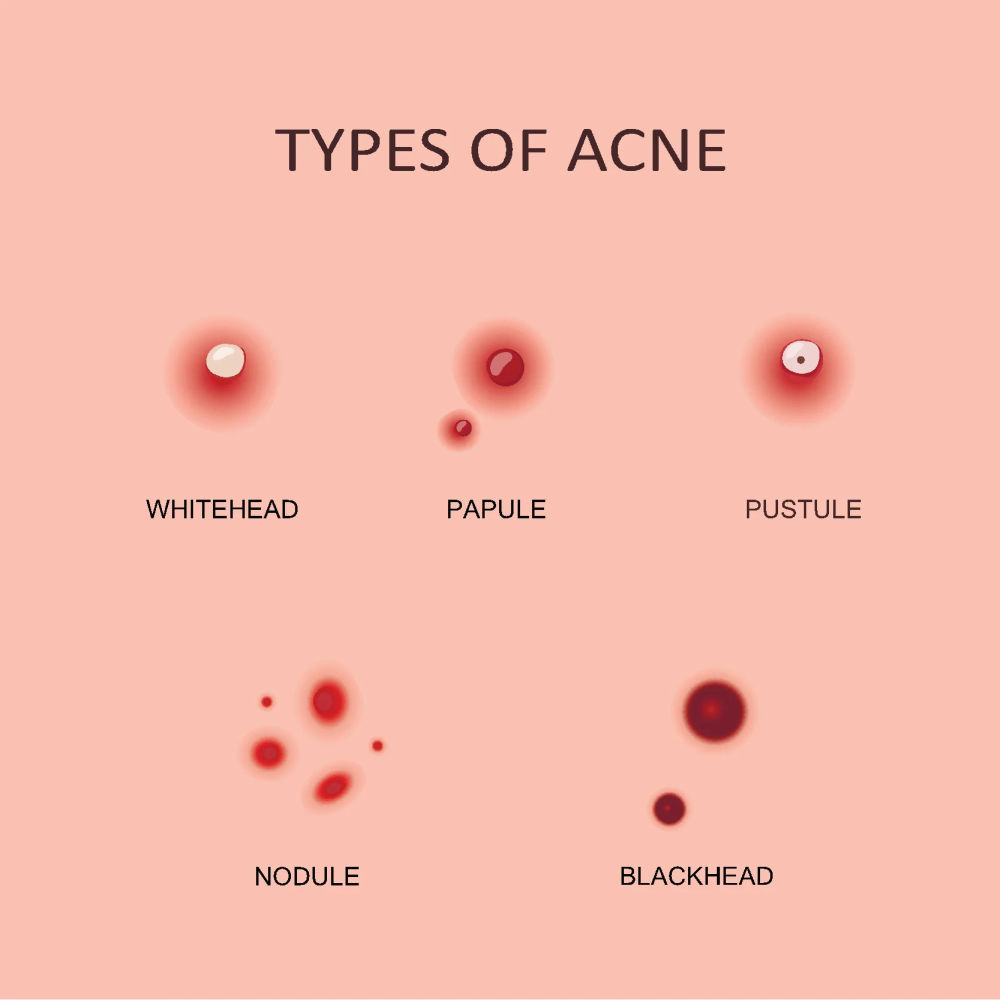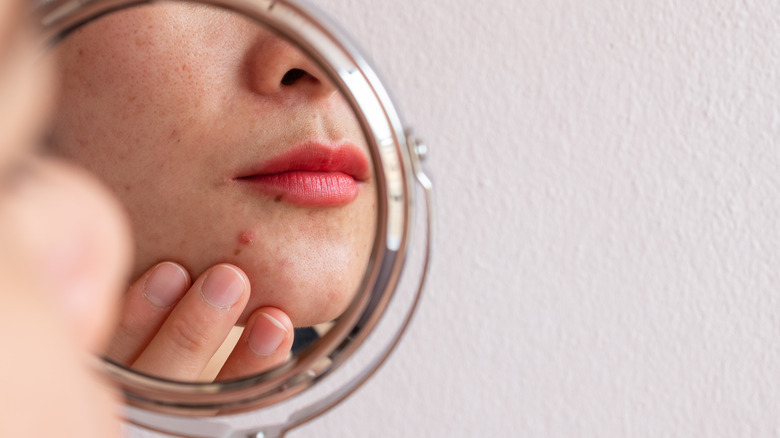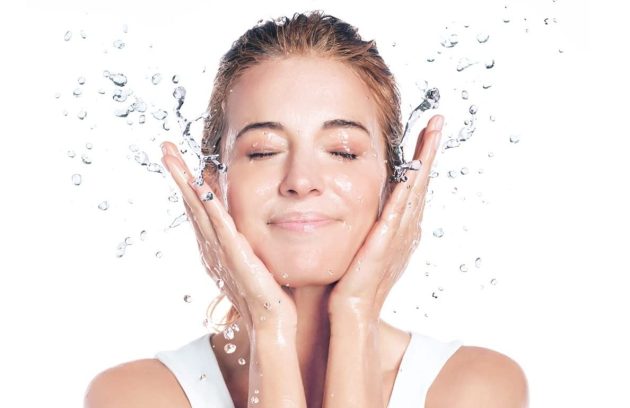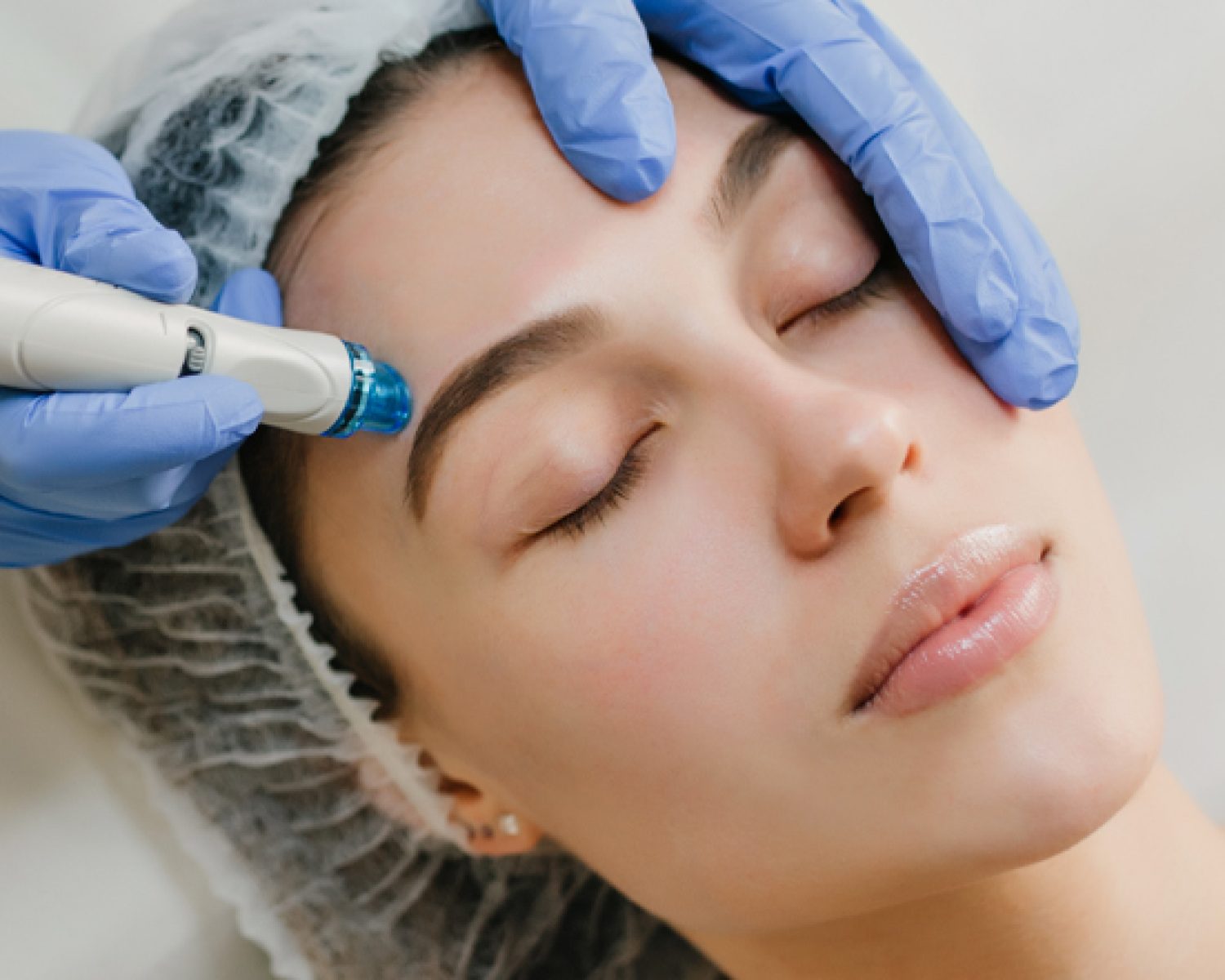Acne Treatment


Acne is a common skin condition that can be triggered by various factors such as hormones, stress, diet, and skincare habits. Many of us experience it during our teenage years, though it can appear at any age.
While often temporary, acne can be frustrating and may lead to long-term effects if not treated properly. Ignoring acne might result in scarring, which can take a long time to fade — and in some cases, may become permanent. That’s why it’s important to address the issue early with the right skincare routine or professional treatment.
For those seeking acne scar treatment in Lahore, there are numerous options available. However, with so many choices, finding a trusted and qualified service can be challenging. It’s highly recommended to consult a certified dermatologist to ensure you receive safe, effective, and personalized care.
1. What is an Acne Scar?
Acne scars are the result of inflammation caused by acne, a common skin condition often triggered by clogged pores or hormonal fluctuations. It can also be hereditary. While acne itself may be temporary, it can leave behind scars that are much more persistent and may require targeted or even aggressive treatments to improve. Learn how to manage acne effectively and protect your skin from lasting damage.
How Common is Acne?
Approximately 80% of people experience acne during adolescence, and among them, a significant number develop scarring that can vary in severity and appearance.
It’s important to distinguish between types of acne and types of acne scars:
Types of Acne Scars and How They Look
- Ice Pick Scars – Deep, narrow scars that resemble puncture marks.
- Boxcar Scars – Broad, rectangular depressions with sharp edges.
- Rolling Scars – Wide, shallow depressions with smooth, sloping edges.
- Hypertrophic Scars – Raised scars that remain within the boundaries of the original acne.
- Keloid Scars – Raised scars that grow beyond the original wound area; more common in people with darker skin tones.
Post-Inflammatory Hyperpigmentation (PIH) – Dark spots or discoloration left after acne heals, not technically scars but often mistaken for them.

Types of Acne (Lesions)
- Papules – Small red bumps caused by inflamed or infected hair follicles.
- Pustules – Pimples containing pus.
- Nodules – Large, painful lumps deep under the skin.
- Cysts – Deep, pus-filled lumps that can cause significant scarring.
- Whiteheads – When pores are clogged with oil or dead skin cells these white or skin-coloured bumps appear on the skin.
- Blackheads – These are similar to white pores with the difference that they remain open allowing trapped debris to oxidize.
Whiteheads and blackheads typically do not scar but can lead to scarring if manipulated or if they develop into inflammatory acne.
2. Causes and Symptoms of Acne Scar
Scars can form as a result of the body’s natural healing process after acne. The extent and type of scarring often depend on how your skin responds to inflammation and injury. Scarring typically occurs in two main ways: when there is tissue loss, leading to depressed or sunken scars, or when the body produces excess collagen, resulting in raised scars (also known as hypertrophic or keloid scars).
These scars can not only affect the skin’s appearance but may also cause symptoms such as itchiness, tenderness, or even pain. Understanding the nature of your acne scars is the first step in choosing the right treatment.
3. Prevention to Reduce Risks of Acne Scars
Just because you have had an acne outbreak doesn’t mean it will end up in acne scarring. The good news is that very few acne types leave marks and those marks can be treated. However prevention is better than cure. Therefore follow the prevention guidelines to avoid complications like scarring.


- Avoid Manipulation
Do not touch your affected skin time and again because bacteria can worsen acne. Give it time to heal naturally. Very often people try to pick, squeeze or pop a pimple thinking it will go away, but it can have the opposite effect and can actually damage your skin or cause inflammation.
- Follow a gentle skincare routine
It is best to avoid make-up, heavy creams and cleansers that can irritate the skin. Do not use harsh scrubs but go for gentle cleansers. Keep your skin hydrated because it allows acne to heal better. Also opt for gentle exfoliants that can facilitate cell turnover and remove dead skin cells.
- Other Considerations
- A healthy diet is not just good for overall health but can do wonders for your skin too.
- Avoid smoking as it can increase your risk of scarring.
- Make sure to protect your skin from the sun.
- Avoid home remedies you are not sure of.
- Keep your face clean.
4. When to See a Specialist?
It may be a good idea to consult a dermatologist, if your acne marks aren’t fading over time. The sooner you seek professional guidance, the better it is! Early treatment can help prevent scars from becoming permanent.
That said, the decision to pursue treatment is entirely personal. If your acne scars don’t bother you and you’re comfortable living with them, there’s no need to take action. However, if the scars are impacting your self-esteem or daily life, there is absolutely no harm in seeking help. Effective treatments are available, and a specialist can work with you to find the best solution for your skin and your comfort level.


5. How We Treat Acne Scar
At DASC, we try to treat acne scars effectively with a combination of prevention and targeted treatment strategies. Some scars respond well to topical treatments, while others may require more advanced dermatological procedures. Only a professional can determine which treatment or combination of treatment would be effective for you.
Every person’s skin is unique therefore Dr.Amina (licensed dermatologist) takes into account factors like the type, depth, and severity of the scars to come up with a suitable treatment plan.
At the heart of Dr. Amina’s acne treatment philosophy is a client-centered approach. By listening closely to your concerns and understanding your skin history, Dr. Amina works with you to create a customized treatment plan that aligns with your goals and comfort level. Whether you’re dealing with active acne or long-term scarring, you can expect compassionate, expert care tailored to your needs—because your skin deserves nothing less.
6. Management and Treatment of Acne Scars
- What to Expect Before the Treatment
Before beginning any acne scar treatment, your dermatologist will conduct a thorough examination of your skin. This includes reviewing your medical and skin history and assessing the type and severity of your acne scars.
Your skincare specialist will carefully evaluate whether your scars are raised, depressed, pigmented, or a combination of types. Based on this evaluation, your skincare specialist will discuss the most appropriate treatment options with you—whether the goal is to shrink, fade, or smooth out the scars.
This personalized approach ensures that your treatment plan is tailored to your specific skin needs and comfort level, leading to safer and more effective results.
- Which Acne treatment is right for you
During your consultation, your skincare professional will assess the type and severity of your acne scars to determine whether they fall into the mild, moderate, or severe category. Based on this assessment, your dermatologist may recommend a combination of treatments to achieve the best possible results.
You will also receive detailed aftercare instructions to ensure proper healing and maximize the effectiveness of your treatment. Clear communication is key, and your dermatologist will make sure you understand each step of the process.
The primary goal of acne scar treatment is to remove or resurface damaged skin, encouraging the growth of new, healthy skin. This can be accomplished through various advanced methods, depending on your skin type, scar condition and skin goals.
- Lasers:
Laser treatment for acne scars helps create a more even skin surface by targeting the damaged layers of skin and stimulating collagen production. It’s especially effective for discoloration and shallow scars.
- Dermabrasion:
Dermabrasion acne scar treatment is a process that uses a rapidly spinning wheel with a rough surface to remove the outer layers of damaged skin. It’s ideal for deeper scarring and can produce significant improvement in skin texture.
- Chemical Peel:
A chemical peel for acne scars treatment involves applying a specialized acid solution to exfoliate the top layer of old skin. This encourages skin regeneration and is particularly helpful for deeper acne scars and uneven skin tone. With the top layer removed, the new skin has fewer scars and is smoother.
- Microdermabrasion:
Unlike dermabrasion, microdermabrasion uses tiny crystals or a diamond-tipped device to gently polish the skin. While it doesn’t remove deep scars, it enhances the effectiveness of other treatments and improves overall skin smoothness.
Other Procedures
- Microneedling
Microneedling acne scar therapy is quite effective. It involves using a device with fine, sterile needles to create tiny, controlled injuries in the skin. These micro-injuries stimulate the skin’s natural healing process and boost collagen production, which helps to smooth out scars and improve skin texture.
Microneedling can be performed in two ways:
- Traditional microneedling (without heat)
- Microneedling with radiofrequency (RF), which uses heat energy to enhance collagen remodeling and achieve deeper skin tightening
Your dermatologist will determine which method is best suited to your skin type and scar severity. Both options are minimally invasive and can deliver noticeable results with minimal downtime.
What to Expect After Skin Resurfacing
- Mild redness, sensitivity, or flaking in the treated area is normal and may last for a few weeks.
- Other than that you may experience mild discomfort during the process.
- Following your dermatologist’s aftercare instructions is crucial to achieving the best results and avoiding complications.
Expect Results and Recovery Time
After any skin resurfacing treatment, most patients begin to see visible improvements within 7 to 10 days, as new, healthier skin starts to emerge. However, it’s important to remember that results and recovery time can vary from person to person.
Factors such as the type of treatment used, the depth and severity of your scars, and your individual skin type all play a role in how quickly and effectively your skin responds.
Your dermatologist is the best person to guide you through what to expect, offering insights tailored to your specific skin condition and treatment plan. Following their aftercare instructions closely will also help ensure a smooth recovery and optimal results.
7. Consult Specialist for Acne Scar Treatment in Lahore
If you are struggling with acne scars and seeking professional advice for acne scar treatments in Lahore, then schedule an appointment at DASC today. At DASC, you’ll receive expert advice on the most effective treatment options tailored to your unique skin needs.
Dr. Amina Afzal, a certified dermatologist, has successfully helped many patients in Lahore manage and reduce acne scarring. She takes a patient-centered approach, working closely with you to determine the treatment plan you’re most comfortable with.
During your consultation, you are encouraged to discuss any concerns or questions you may have—because understanding and comfort are key to achieving the best results.
Take control of your skin health today—book your consultation with DASC.
FAQ's
Acne is caused by clogged pores due to excess oil, bacteria, and dead skin cells.
Common types include whiteheads, blackheads, papules, pustules, nodules, and cysts.
While not always curable, acne can be effectively managed and controlled long term.
Treatment depends on severity and may include topical creams, oral medications, or procedures.
Most treatments start showing improvement within 4–8 weeks.
Yes, dermatologists customize treatments to suit different skin types safely.
Yes, treatments like laser therapy, microneedling, and chemical peels reduce acne scars.
Yes, high-glycemic foods and dairy may worsen acne in some people.
Yes, stress can trigger or worsen acne due to hormonal changes.
Use non-comedogenic makeup; avoid heavy or oil-based products during treatment.
Yes, acne can recur if triggers aren’t managed or maintenance treatment isn’t followed.
No, popping pimples increases the risk of infection and scarring.
Options include laser therapy, chemical peels, light therapy, and comedone extraction.
Some treatments are safe, but always consult a dermatologist before use.
Yes, hormonal acne can be managed with medications like birth control or anti-androgens.
Keep skin clean, use gentle products, avoid picking, and follow a healthy lifestyle.
Yes, treatments often include oil-control cleansers and retinoids.
Some may help mild acne, but they’re not a replacement for proven medical treatments.
Yes, acne can impact self-esteem, which is why proper treatment is important.
See a dermatologist if acne is severe, persistent, or causing scarring.

